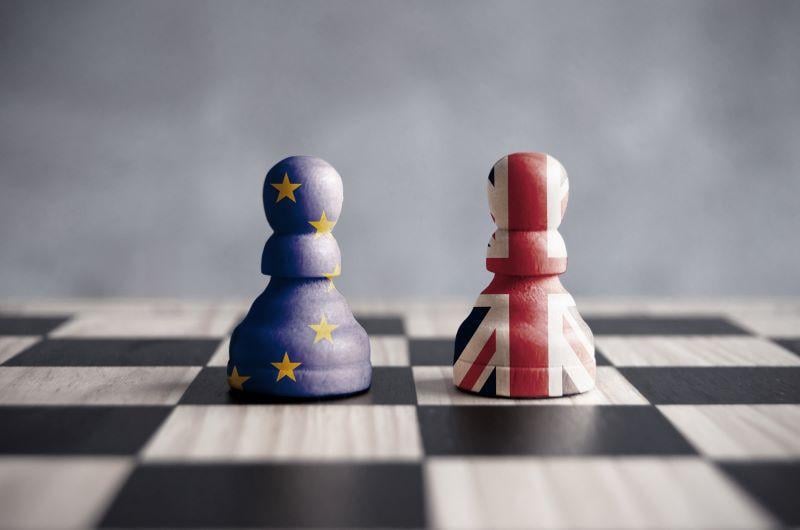HMRC umbrella company ‘checking tool’ looms for workers
Umbrella company consultation response and guidance due from HMRC, as more details come out on Tax Administration and...
READ MORE
UK businesses are suspending sales to consumers in the European Union due to confusion around the Brexit deal 'rule of origin' clause, according to research.

Under the 'rule of origin' clause, goods made, or containing components made, outside the UK or EU – such as in China – and resold by UK businesses are now subject to VAT and import duties when sold to the EU, said accounting advisory firm UHY Hacker Young.
Goods sold in the EU by UK businesses must now originate from the UK or EU to benefit from the preferential tariff rates, the firm said.
This will mean EU buyers will either have to pay higher prices for non-originating products they buy from UK businesses or, more likely, leave many to buy from EU businesses instead.
UHY Hacker Young said that despite a trade deal with the EU being reached and a new VAT and import duties system now being in operation, businesses are still waiting to receive any official guidance from HMRC on how the new rules work, leaving businesses in the dark on how they will be affected.
Many UK SMEs exporting to the EU have much of their supply chain based outside the EU, meaning they will fall foul of the 'rule of origin' clause, the firm said.
It said some have suspended sales to customers in the EU as they try to establish whether import duty is due or if they can switch to UK or EU components.
Further, the advisory firm noted that adding tariffs to UK goods that fail the ‘rule of origin’ test will push up the prices of many UK goods and reduce the competitiveness of UK businesses in the EU.
“It is clear that many UK businesses exporting to the EU are going to be hit by tariffs,” said UHY Hacker Young senior manager Michelle Dale.
“Businesses have also been completely blindsided by the ‘rule of origin’ part of the deal, which leaves them at a major competitive disadvantage when selling in the EU. Unfortunately, not enough was done to prepare them for this.
“It takes years to build an effective supply chain and using non-EU suppliers is often the best option both in terms of cost and quality.”